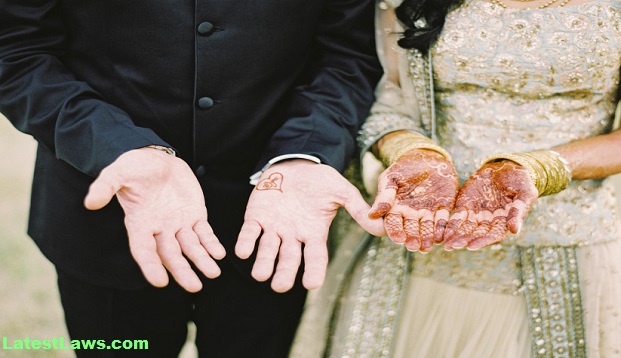January 23, 2019:
On Tuesday, a bench comprising of Justice N.V. Ramana and Justice Mohan M. Shantanagoudar of Hon'ble SC gave the ruling while upholding the decision of the Kerala High Court.
The Supreme Court upholds that a child of a Muslim man married to a Hindu woman is legitimate and is therefore entitled to a share in his father’s property.
The top court was adjudicating property dispute involving a man who was born out of a marriage between a Muslim man and his second wife, who belonged to the Hindu religion.
The bench explained that since Hindus are idol worshipers, which includes worship of physical images or statues through offering of flowers, adornment, etc, the marriage of a Hindu female with a Muslim male is not a regular marriage, or valid (sahih) marriage, but merely an irregular (fasid) marriage.
The court stated that Muslim law clearly distinguishes between a batil (void) marriage and a fasid (invalid/irregular) marriage.
The bench enunciated that the effect of a batil (void) marriage is that it is void ab initio and does not create any civil right or obligations between the parties. So also, the offspring of a void marriage are illegitimate.
The legal effect of a fasid marriage is that in case of consummation, though the wife is entitled to get dower, she is not entitled to inherit the properties of the husband. But the child born in that marriage is legitimate just like in the case of a valid marriage, and is entitled to inherit the property of his father.
The trial Court and the High Court were thus held to be justified in concluding that the plaintiff is the legitimate son of Mohammed Ilias and Valliamma, and is entitled to his share in the property as per law.
Read Judgment @ LatestLaws.com
MOHAMMED SALIM & ORS. Vs SHAMSUDEEN & ORS 22-01-2019(Downloadable PDF)
Mohammed Salim & Ors. vs Shamsudeen & Ors 22-01-2019 by Anonymous P3qxYB on Scribd
Picture Source :

























